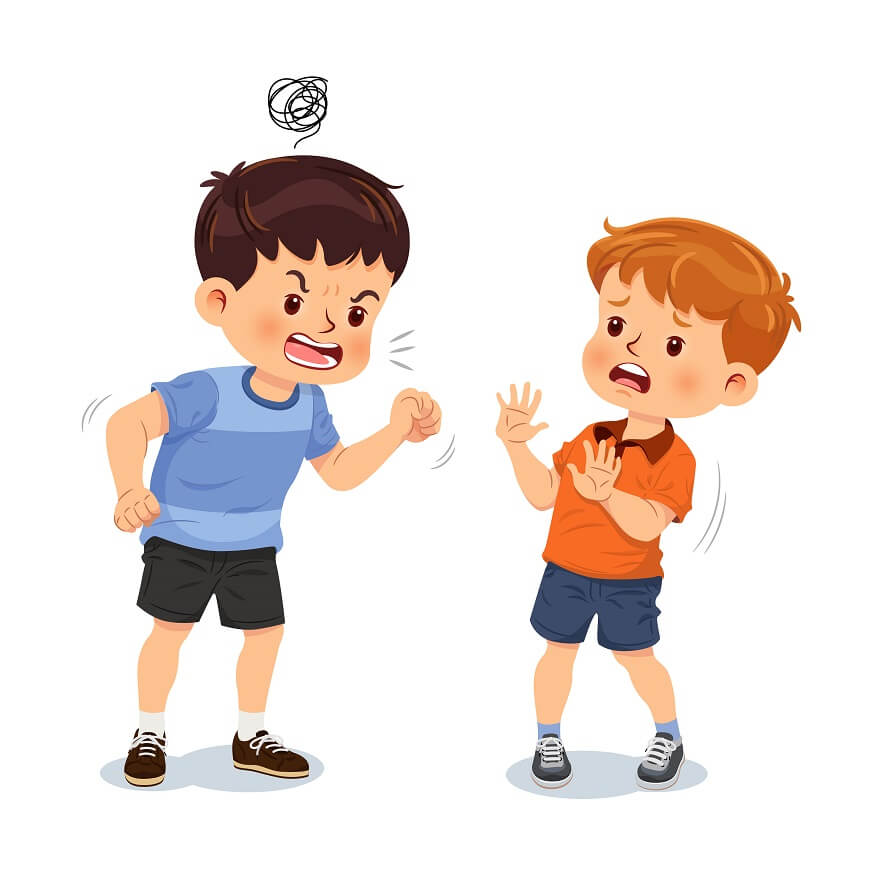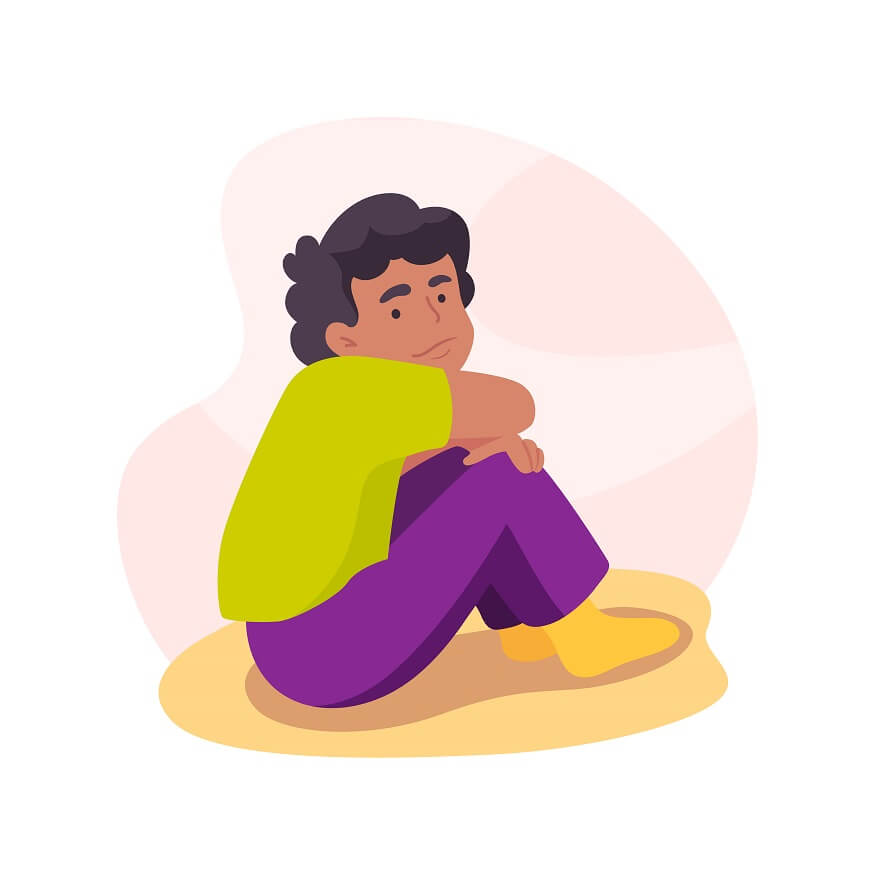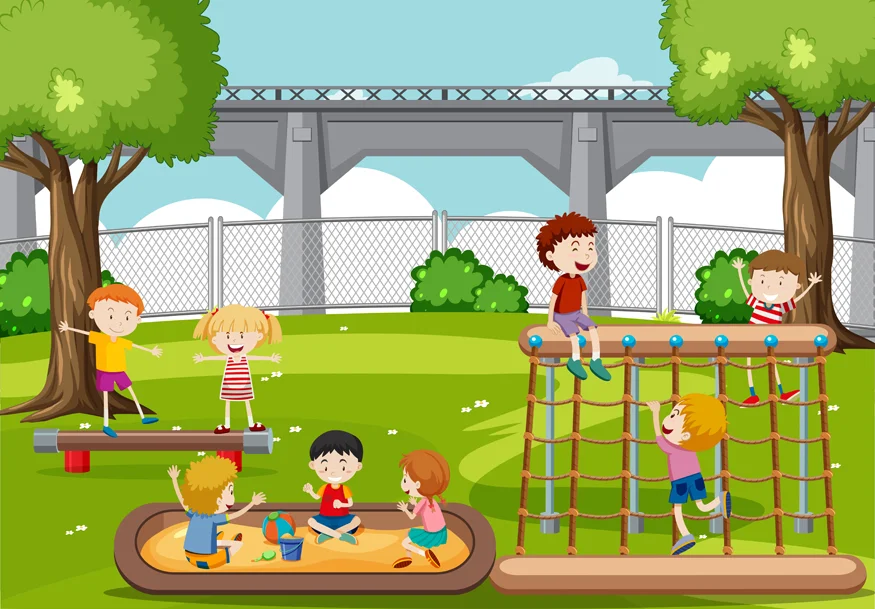For parents and educators, aggressive behaviour in youngsters might be concerning. Nevertheless, it is a very typical phase in a child’s development. It’s essential to deal with it quickly and skillfully when it goes beyond reasonable limitations.
Also Read: The Role of Ethics and Values Education in Schools
Strategies to reduce aggressive behaviour in kids
The following strategies provide guidance on how to reduce aggressive behaviour in children.
Positive Role Modeling: Set a good example by demonstrating calm and respectful behaviour in your interactions with others. Children often learn from observing adults.
Effective Communication: Encourage open and honest communication with your child. Create a safe space for them to express their feelings and thoughts without fear of judgment.
Teach Problem-Solving Skills: Help your child develop problem-solving skills, so they can resolve conflicts without resorting to aggression. Teach them how to express their needs and listen to others.
Consistent Boundaries: Establish clear and consistent rules and consequences for inappropriate behaviour. Ensure that the consequences are appropriate and related to the misbehavior.
Positive Reinforcement: Praise and reward your child when they exhibit non-aggressive behaviours. Positive reinforcement can motivate them to continue behaving in a more acceptable manner.
Anger Management Techniques: Teach your child age-appropriate anger management techniques such as deep breathing, counting to ten, or taking a break when they feel overwhelmed.
Conflict Resolution Skills: Educate your child on resolving conflicts peacefully. Encourage them to use words to express their feelings and needs rather than resorting to physical aggression.
Limit Exposure to Aggressive Media: Monitor and limit your child’s exposure to violent or aggressive media, including television shows, video games, and movies.
Encourage Empathy: Help your child develop empathy by discussing the feelings of others and encouraging them to consider how their actions affect others.
Physical Activity: Engage your child in regular physical activity, as it can help reduce pent-up energy and frustration that may lead to aggressive behaviour.
Healthy Diet and Sleep: Ensure your child maintains a balanced diet and gets adequate sleep. Hunger and tiredness can contribute to irritability and aggression.
Seek Professional Help: If your child’s aggressive behaviour persists or escalates despite your efforts, consider seeking help from a child psychologist or therapist who specializes in behavioural issues.
Parenting Support: Join a parenting support group or seek advice from professionals who can provide guidance and strategies tailored to your child’s specific needs.
Monitor Triggers: Identify common triggers for your child’s aggressive behaviour and work on strategies to mitigate them. This may include avoiding certain situations or providing alternatives.
Encourage Peer Relationships: Support your child in forming positive peer relationships. Social interaction can help them learn valuable social skills and reduce aggression.
Remember that every child is unique, and it may take time to see significant improvements. Patience, consistency, and a supportive environment are key to helping children reduce aggressive behaviour and develop healthier ways of expressing themselves.
Also Read: What is teenage stress? Causes, symptoms and stress management for teens
Detriments of aggressive behaviour in children
Aggressive behaviour in children can be particularly concerning because it can lead to several detrimental outcomes, affecting the child’s social, emotional, and academic development.
Social Consequences: Aggressive children often struggle with forming and maintaining friendships. They might be ostracised by their peers due to their challenging behaviour. This lack of social interaction can lead to feelings of loneliness and social withdrawal. Furthermore, it deprives children of opportunities to develop critical social skills such as sharing, compromise, and empathy.
Academic Difficulties: Children exhibiting aggressive behaviour often face academic challenges. They may have trouble focusing on tasks, following directions, or working collaboratively with classmates. This can lead to poor academic performance, frustration, and low self-esteem, further exacerbating behavioural issues.
Emotional Problems: Aggressive behaviour can be symptomatic of deeper emotional issues. Children who consistently display aggression may be struggling with an expressed anger, frustration, or fear. These unresolved emotions can lead to mental health concerns such as anxiety, depression, and low self-esteem.
Development of Antisocial Behaviour: Prolonged aggressive behaviour in childhood can potentially evolve into mоre severe antisocial behaviour in adolescence and adulthood. These behaviours may include delinquency, substance abuse, and criminal activities.
Increased Risk of Physical Harm: Aggression often leads to physical harm, either to the child exhibiting the behaviour or to others. Aggressive children may get into fights, putting themselves and others at risk of injury.
Negative Impact on Family Dynamics: Aggressive behaviour can create a stressful and tense family environment. Parents may feel overwhelmed or helpless, potentially leading to strained relationships within the family. Siblings of aggressive children may feel neglected or fearful, causing their emotional distress.
Poor Self-Regulation: Aggressive children often lack appropriate emotional and behavioural self-regulation skills. They may struggle to control their impulses, react excessively to minor frustrations, and have difficulty calming down.
Impact on Future Opportunities: If left unchecked, aggression can lead to disciplinary actions in school and even legal consequences, both of which can severely limit a child’s future opportunities. It could hinder their access to higher education and affect their employment prospects in the long run.
These detriments underscore the importance of addressing aggressive behaviour early on. Through early intervention and comprehensive support, it is possible to guide children towards healthier coping mechanisms and social behaviour, mitigating these negative impacts and fostering their holistic development.
Also Read: How to stop your child from bullying others
Children’s violent behaviour can be reduced, but it takes time and regular effort. You can address aggression in your child by focusing on modelling positive behaviour, teaching emotional literacy and problem-solving skills, setting boundaries, listening intently, encouraging physical activity, creating a structured home environment, and rewarding positive behaviour.
EuroSchool relies on the relationships between teachers and students to help shape behaviour. Teachers who build positive relationships with students are more likely to be able to influence their behaviour in a positive way.









